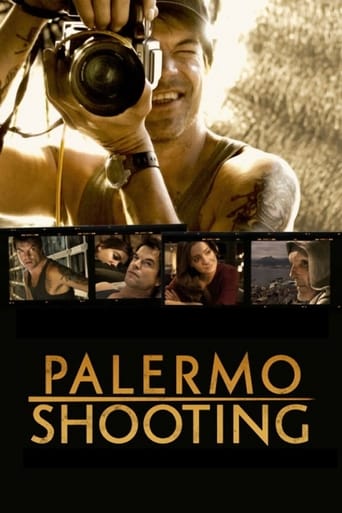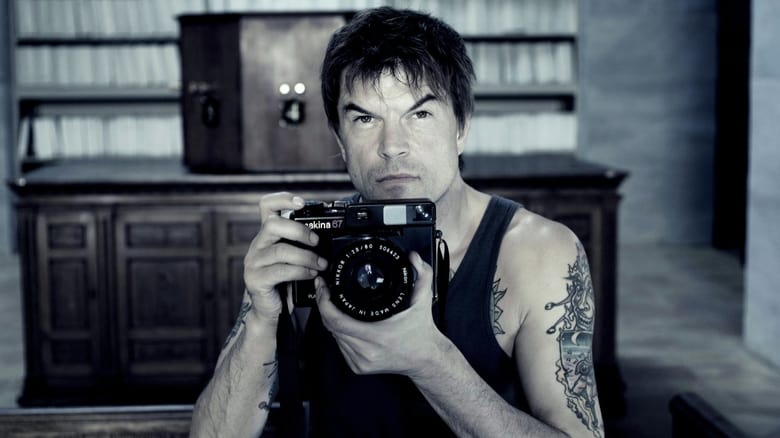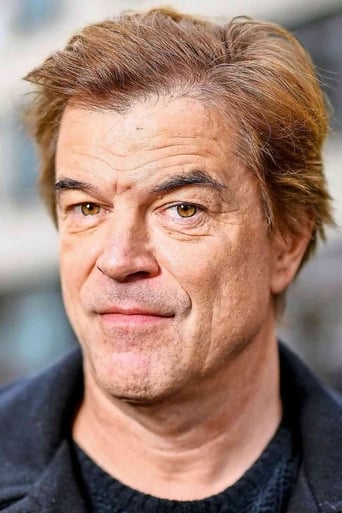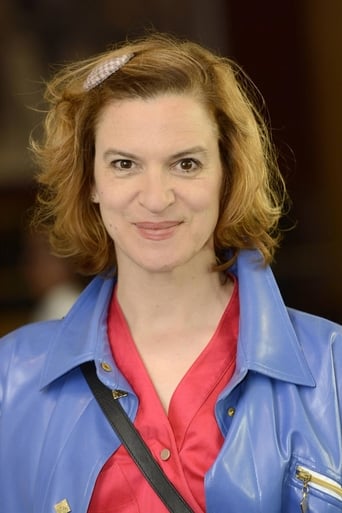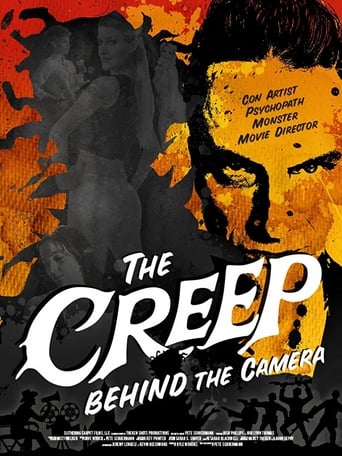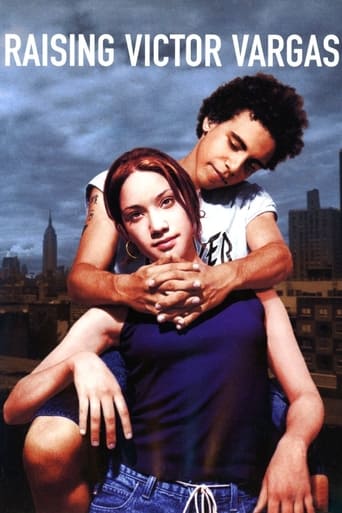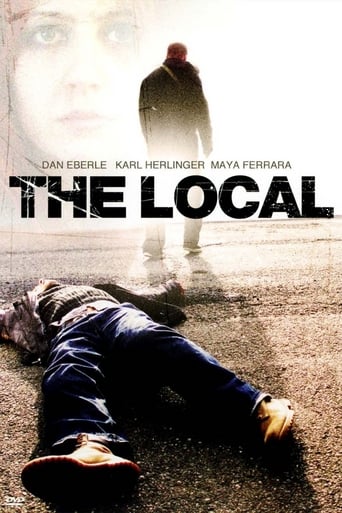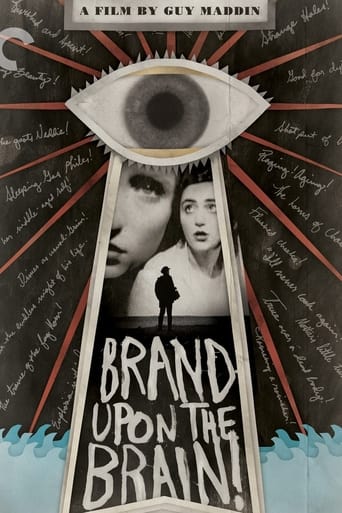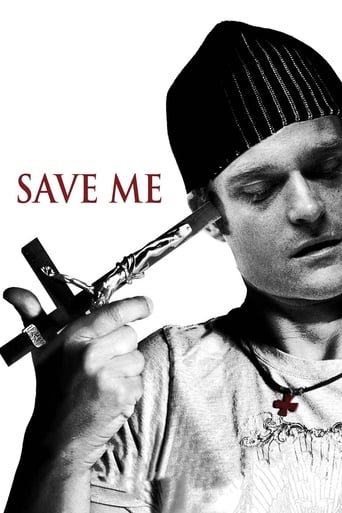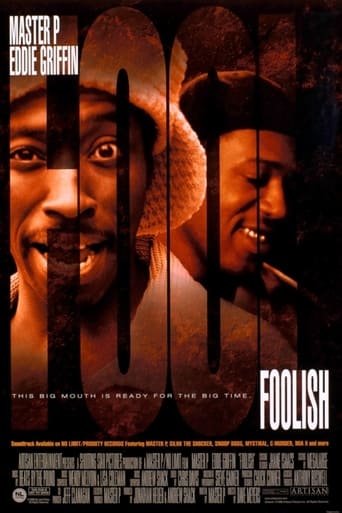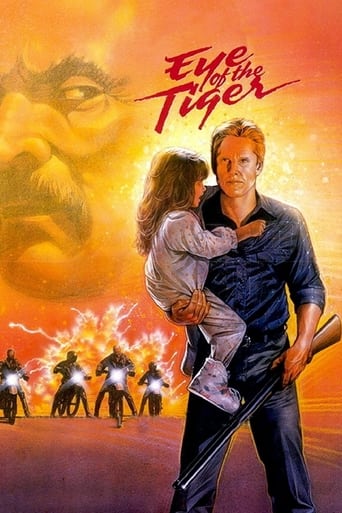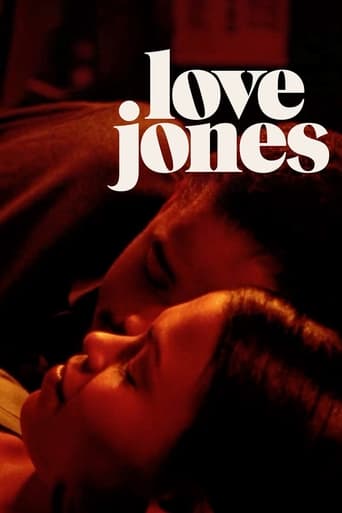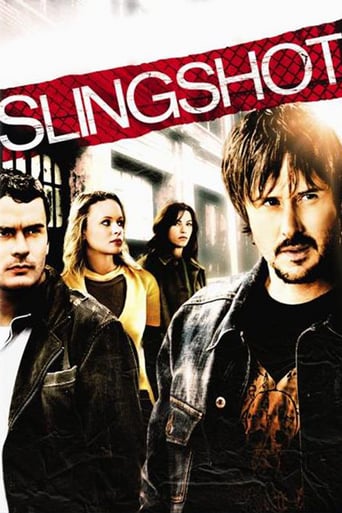Palermo Shooting (2008)
After the wild lifestyle of a famous young German photographer almost gets him killed, he goes to Palermo, Sicily to take a break. Can the beautiful city and a beautiful local woman calm him down?
Watch Trailer
Free Trial Channels
Cast


Similar titles
Reviews
The greatest movie ever!
if their story seems completely bonkers, almost like a feverish work of fiction, you ain't heard nothing yet.
I think this is a new genre that they're all sort of working their way through it and haven't got all the kinks worked out yet but it's a genre that works for me.
There's no way I can possibly love it entirely but I just think its ridiculously bad, but enjoyable at the same time.
Like many films, I failed to catch the opening credits for "Palermo Shooting", and until the end I knew nothing about the creators. I was pretty surprised, both in a positive and negative way.The frame was just perfect, in the best possible way. Excellent shots, camera positions, strong and yet gently muted colors, beautiful scenery and filming locations... The visual aspect of the movie is pure art and eye candy. The story, well, in it's basis it's pretty intriguing. As a photographer, I could easily identify my self with the main character. Also, death has ever been a complex, a source of unanswered questions and mysticism and it's one of life's eternal dilemmas.So, it wasn't all that surprising that Wenders wrote and directed this film. He is a brilliant director. However, the acting ruined "Palermo Shooting", which could easily get close to perfection. The main actor, self-named "Campino" (what sort of a name is that...?) was anything but convincing. The same could be said for Inga Busch, and the final kiss of death was Dennis Hopper's performance. A story that was deep and complex in it's core, turned out to be a watery semi entertaining shot in the air. Why Wim, Why...? Overall, visually perfect, and as for the rest, forget it as soon as possible.
I just saw the movie in International Film Festival of Durrës, eager as I was for another Wim Wenders experience. And I left the theater with mixed feelings. Images were so good, bur the story was so cheap. The apology of Death at the end of the movie was awful, as if written by a 15 years scholar. So was the dialogue with the shepherd. Cheap and cliché ideas about death and life. The presence in the story of G. Mezzogiorno was senseless and not justified at all. The story of a photographer that takes a shoot of Death, is not bad, whatsoever. But it surely didn't to be treated as in child books, with death coming towards you and moralizing about life and death. And above all, the pregnant Milla, pretending deeper art in VIP Photo shooting, gave a sense of pity. No worth seeing it twice.
Wenders' supreme quality as an author, to my view, is that he knows that his films are not so much about what images show, but about images themselves. This is his magic, and his curse. This is why i have a shelter in his films, and why so many increasingly misunderstand them (first reviews on this one show it will go to the same package). Wenders knows this, whenever he is making a film, he is reflecting on the nature of image, and how that affects vision, and how vision affects understanding, and how understanding affects meaning, and essence.Not few times, he addresses directly the theme, and embeds it in the plot of the film. This is such a case. Film about images. People who are about image. People who become the images they fetch. The very first scene makes it clear. It "frames" (how meaningful this word is with Wenders) a landscape, through a window of a building which is in itself all about framing. A pure volume full of square holes, all of them corresponding to a different frame, depending on moment you look, position, distance to the window. This building reflects the personality of the photographer, it is in itself a succession of frames, a closed capsule interlaced with partial views to the outside.Than we have a story about creating images. A character photographer who loses his soul because he becomes a faker, he forgets the essence, he no longer searches for a truth in the image, instead he creates his own fake truth. Fake Australian skies reflected on S.Paulo's windows, that kind of stuff. The introduction of Milla stands for this, as she is photographed 'artificially', and than transported to the "true" environment. Than the photographer retires, isolated, to a place he feels to be 'true' (a big port, Palermo means).Now the big things happen in Palermo.The woman. Her work is to recover images, it is to find the "truth" of images, it is to interpret the vision of somebody else. Those eyes of the painter, starring at the "camera", what he was seeing is what she wants to see. Check the oppositions, check how that fresco is worked on the film: detail versus global sight, understanding versus loosing the essence, long versus short. Check how the time of an image is understood. The woman takes years working on one image, the photographer produces thousands without understanding a single one.The Death. It's not the death, it's Dennis Hopper, and this matters. To see how Hopper was inserted in this project made the whole thing come clear to me, and it completed a portion of my film life that i now know was incomplete. Hopper is here the designated master framer, the man who observes life, who pulls strings (even though he is only doing his job). He is a superior agent, someone who is beyond and above all that we see. When people look at him, he looks back. He makes the record of all that, we see that, that metaphor of arrows, of "shooting" with a double meaning. So he is framed as much as he is a framer. Now, remember The American Friend. See that film before seeing this one if you can, it may strike you as 2 halves of the same idea, as it stroke me. Check how similar are the characters Hopper performs. There he was also the master framer, the manipulator behind the actions that we had. In fact he was manipulating a "framer" (literaly, a man who created frames for paintings). He used the framer as he provided the main "image". That film, which i consider essential, was all about the same game of images. Now we have an update, on how times changed (and with it changed deeply our relation to images) and how Wenders himself changed. Dennis Hopper is the connection, and his role is pivotal.Now, i believe that if you want to establish a successful relation to a creator you have to take his works for what they are. It's like loving beyond infatuation, like friendship beyond day to day chat. You have to enjoy the qualities and most important, acknowledge the flaws, and you have to live with that. That's my kind of relation with Wenders. His films in the last 10 years or so have become more and more on the verge of being an intellectual monologue, something you are supposed to sit and listen, and nod affirmatively with you head. That's something i won't tolerate with other filmmakers (Stone, Tarantino), but that i'm willing to put up with Wenders, because it matters to me what he has to say. If, like i did, you are able to put up with discursive dialogs, and the sensation that the man beyond the scenes is leading you to believe that he has the Truth, you may let this change your life. I did.A side quality you might appreciate is how music shapes the environment, regardless of the scenery. Wenders was also great in understanding this, now he does it with the aid of portable music. The music editing is greatMy opinion: 5/5http://www.7eyes.wordpress.com
I can't add much to hpark5's fine comments (though I'd encourage him or her to make use of paragraph breaks) so I won't attempt a full review of Palermo Shooting. I will mention, however, that when I saw the film at the Berlin and Beyond Film Festival in San Francisco, it was received enthusiastically by an audience of over a thousand people in a packed theater.Wim Wenders was present and answered questions after the film. The things he said were exceptionally thoughtful and responsive. Although his work may be uneven because of his willingness to take risks, I thought Palermo Shooting a major success. Wender's integration of the death theme with Palermo's ancient and decaying physical environment was especially impressive. To me, the crucial moment of the film occurs when Finn, the photographer, asks Death what he can do for him. Death says that no one has asked him this before and that the only thing that he can do is to live well for the rest of his life.

